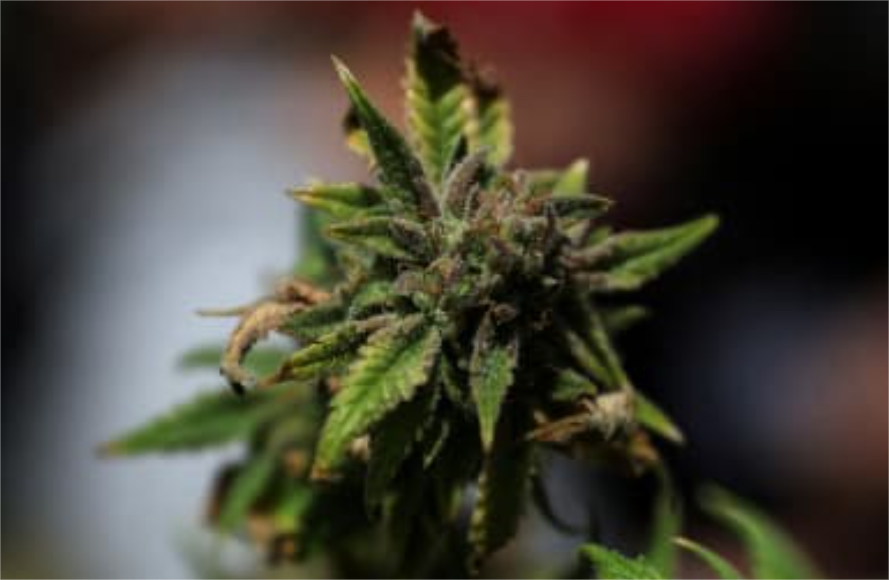16oz 32oz Glass Mason Jar Canning with Metal Lids Jam Glass Mason Jar
Mason Jars 12 oz With Regular Lids and Bands, Ideal for Jam, Honey, Wedding Favors, Shower Favors, DIY Spice Jars
Mason Jars 12 oz With Regular Lids and Bands, Ideal for Jam, Honey, Wedding Favors, Shower Favors, DIY Spice Jars
Product name PET oral liquid bottle Use Medicine Capacity 10ml 15ml 20ml 30ml Color amber clear PET tube Material PET Bottle Application Meidical Packaging Cap Tamper Cap OEM/ODM Accepptable Logo Customized Logo
Product Display These child resistant plastic tubes lock in the freshness. Despite meeting the child resistance standards, it’s easy to open for adults, taking advantage of an intuitive squeeze top design. Looking like simple, inconspicuous 19*116mm plastic tubes. Details Images Water ResietantT Airtight Smell Proof. No mess and odor sealing tube secures your thing snug inside keeping it fresh clean and dry. Easy To Carry In Pockets and Purses Without Worrying About Damage or Breakage, Excellent Protection From Breakage While Keeping Items Super Fresh Child Resistant Safety Squeeze Cap Helps with Safe Storage. When it's time to open your airtight jar, Just squeeze the sides of the bottle gently, hear the pop, and take what you need. Conveient Size. Tube measures4.75” L x 0.75”, Holds One 116mm Pre-Roll. UV resistant tube fits all your every thing.
Made of the highest-quality premium glass, our 5ml 9ml 15ml square glass cosmetic jar also comes with a child-resistant square cap. It's perfect for any variety of premium concentrates, waxes, or oils. Finished with their smooth, sleek black child-resistant caps, concentrate glass jar never fail to impress. With a simple but sophisticated design, these concentrate jars become an easy choice to feature any logo, improving your brand awareness tenfold. Set yourself apart from the crowd with concentrate jars that truly look the part. marijuana420packaging works hard to manufacture their glass with the highest-quality, food-grade glass on the market. This ensures the utmost in safety and freshness for your concentrate inside. The concentrate capacity guide is as follows: 5-7mL can fit up to 1g 9mL can fit 1-2g 15mL can fit 2-4g Make UP Cosmetic USe Wide application: you can use travel cosmetic jar to store lotions, cream, shampoo, powder and so on; They can also be applied as glass storage...
Wide Mouth Glass Bottle Container Smell Proof Child Resistant Glass Jars with Magnifying Lids
 2023-07-21
2023-07-21
BALTIMORE - We're nearly three weeks into marijuana being legal in Maryland.
While many can now enjoy using the drug within reason, the Office of the Public Defender says there's still much more to do before the drug is completely decriminalized.
Natasha Dartigue, Maryland's Public Defender, is in on two new laws recently passed before the rollout of legal recreational use.
She is moving the state further away from the criminalization of marijuana.
"We must end this war on drugs," Dartigue said.

As of July 1, recreational marijuana is now legal in Maryland.
Dartigue said Tuesday night the marijuana laws are changing, an policing should follow.
"Decriminalization is the key to getting to a place where we are more just in the criminal legal space," Dartigue said.
Dartigue said that during the latest legislative session. a law preventing the legal separation of children from their parents passed based on the lawful use of cannabis without proof of harm to the child.
Another law now in effect, the odor law, prevents the smell of marijuana from being used by police as probable cause to search a person or vehicle.
"I think it's a big win," Baltimore resident Chris Rosario said. "Me walking the streets not being able to be stopped at risk is a big win for me."
In her presentation, Dartigue says despite equivalent rates of use, Black people are arrested for marijuana possession more than three times the rate of white people.
According to Dartigue, drug law enforcement is also disproportionately aimed at low-income communities and people of color.
But with these new laws now in effect, people in the community tell WJZ they think the laws of policing will be more proportionately weighed.
"I think it helps before we had laws pulling someone over for suspecting marijuana and separating a mother and child for suspecting the use of marijuana wasn't actually getting at the root issues people were trying to solve," said Sarah Salarano.
Dartigue said the next step her office will take is to try to decriminalize syringes used to administer substances that way they can create an environment where people can get the resources and help they need.
 Online service
Online service +86 15375471059
+86 15375471059 [email protected]
[email protected] allanshi0520
allanshi0520 +8615375471059
+8615375471059